Over the last few years, it has been harder and harder to find resources for my patients to get the help they need. Being a believer in a multimodal approach to the treatment of psychiatric struggles, I will see people for psychotherapy, medications, Transcranial Magnetic Stimulation (TMS) and until recently I would admit patients to the hospital. Also, I refer to specialists about medication issues and psychotherapeutic treatments I do not provide.
The reasons for this difficulty are several and include a lack of providers, lack of treatment facilities, and what most acknowledge is inadequate reimbursement for services.
A recent article described a trend of therapists to leave insurance companies and accept cash only, pointing out in its title that insurance does not guarantee mental health care. So, having insurance does not mean it will be easy to find treatment. Insurance companies indicate they will facilitate their “customers” finding resources but how long do they have to wait and what treatment will they get.
They might get to see an intake person, but have to wait to see the therapist or psychiatrist. If they need inpatient care, how long will they wait in the emergency room? If the person needs some treatment beyond an acute care treatment, where can they go? It is not easy to find specialized therapies.
There are numerous treatment opportunities, just not enough. In Nashville, where I practice, two new psychiatric facilities are set to be built, and this is going on around the country. However, there are not enough professionals to staff the facilities. Some rural and urban facilities are relying on telepsychiatry so patients may not even see their doctor in person.
In December 2017, Mark Moran covered a report published by Milliman Inc. that indicated that psychiatrists are paid less than general medical and surgical physicians in a significant way. This results in increased use of out-of-network services. These conclusions are from an analysis of insurance claims data for 42 million Americans from 2013 to 2015.
A few specific statistics stand out including:
- 18.7% of behavioral health office visits were out-of-network compared to 3.7% of medical/surgical office visits
- 16.7% of inpatient facility behavioral health care was accessed out of network compared to 4% of inpatient facility medical/surgical care
- In 2015 primary care and medical/surgical specialist physicians were paid on average 15.2-11.3% higher than Medicare allowed amounts and psychiatrists were paid 4.9% less than Medicare allowed rates
This has been a struggle since 2012 in the clinical world of TMS. That was when Medicare started covering the service. Medicare used their formula to come up with a rate, but it was not formalized, and contractor rates were used which have consistently been inadequate to provide TMS services. A colleague on the financial side at a clinic with a high percentage of Medicare patients informed me that they can not afford to provide TMS.
Thus, we have a treatment for depression that has not responded to a course of an antidepressant that is safe, effective and durable that is covered by 95% of insurance companies, but because of inadequate reimbursement it is not readily available and because of excessive criteria (some insurance companies require multiple antidepressant treatments, frequently four to seven) is not readily available.
Parity was a long fight and is ongoing. October is Depression Awareness Month. Getting treatment can be a struggle and getting the right treatment can also be a struggle. Keep pursuing efforts to get the care you need.


